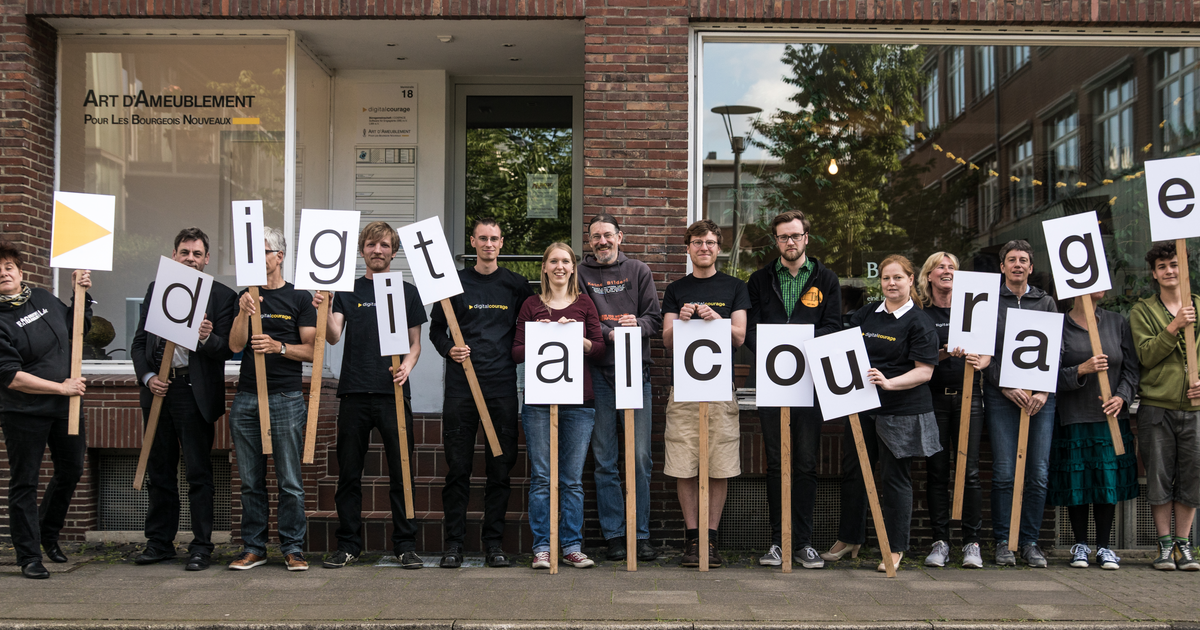@alcinnz I've been coming back to this article for the past couple of days, there's a lot of good in it. The idea that financial price is only a subset of total price or cost is excellent.
The essay also anticipates a point I'd considered, though that can be extended:
[W]e reflexively overindulge in entertainment and other low-second-price pleasures –- phone apps, streaming services, and processed food — even though their rewards are often only marginally better than doing nothing.
I'd argue that this isn't just demand side (that is, personal behaviour), but very consciously and deliberately supply-side: commercial interests try to line up "consumption opportunities" where the public has low costs for additional consumption. There's "junk food" entertainment, literal junk food (food being something that's consumed on an ongoing basis), broadcast and streaming markets, endless scroll, captive markets (travelers, tours, students, patients, inmates, ...), etc., etc. The sell / buy / consume dynamic just keeps on keeping on.
There's also a great line by wilderness-travel writer Joseph Wood Krutch: ""bad roads act as filters... bad roads bring good people, good roads bring bad people".
Sometimes simplified to "A bad road is a good filter."
#JosephWoodKrutch http://www.escapist.com/baja/books.htm
That is, raise the 2nd price, or other associated prices, with a destination, experience, or product, and you'll find that those who find their way there or seek out that experience tend to be a useful social filter. It's something of a melding of #GreshamsLaw and the #JevonsParadox.
Edit: #MoarHashtags

